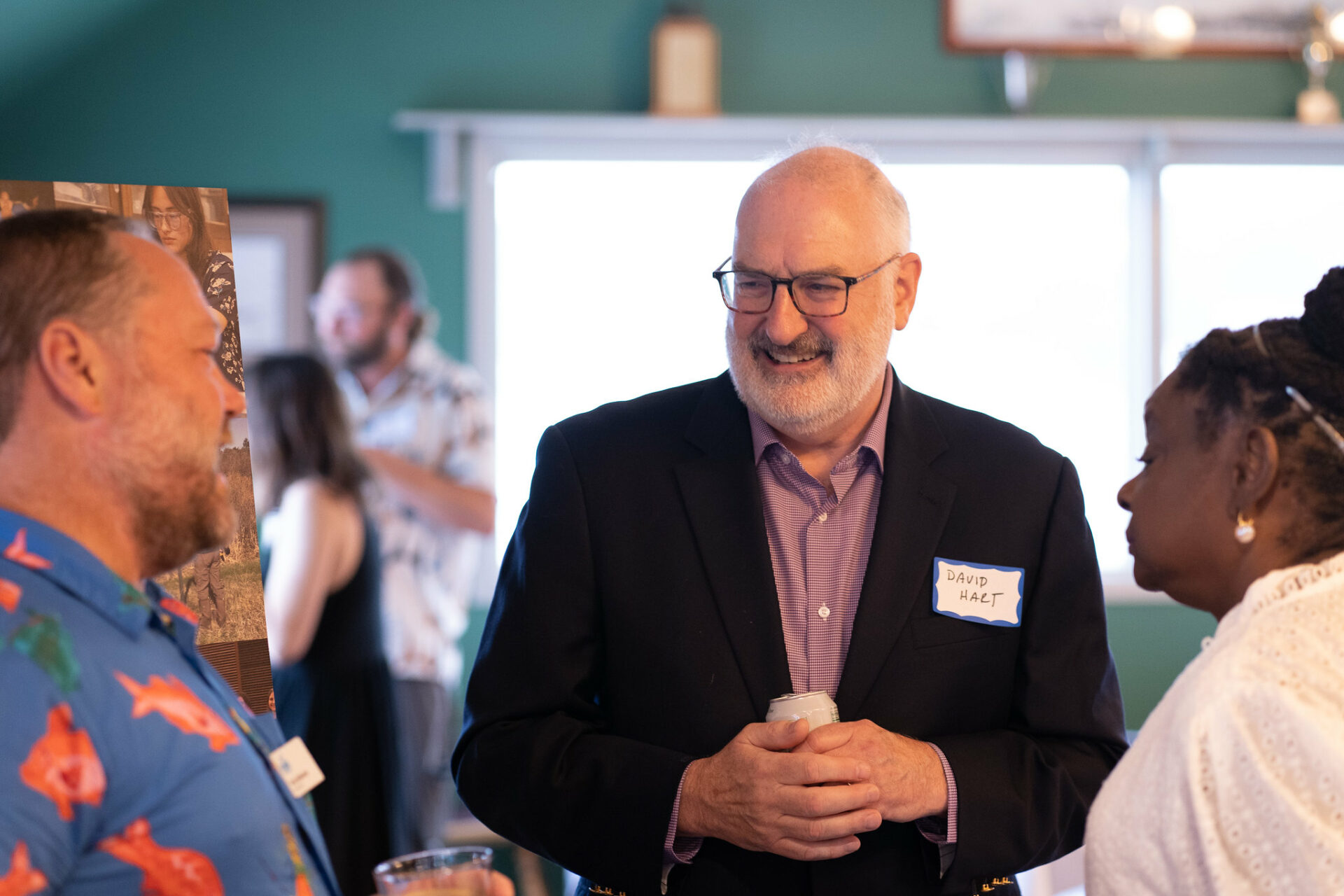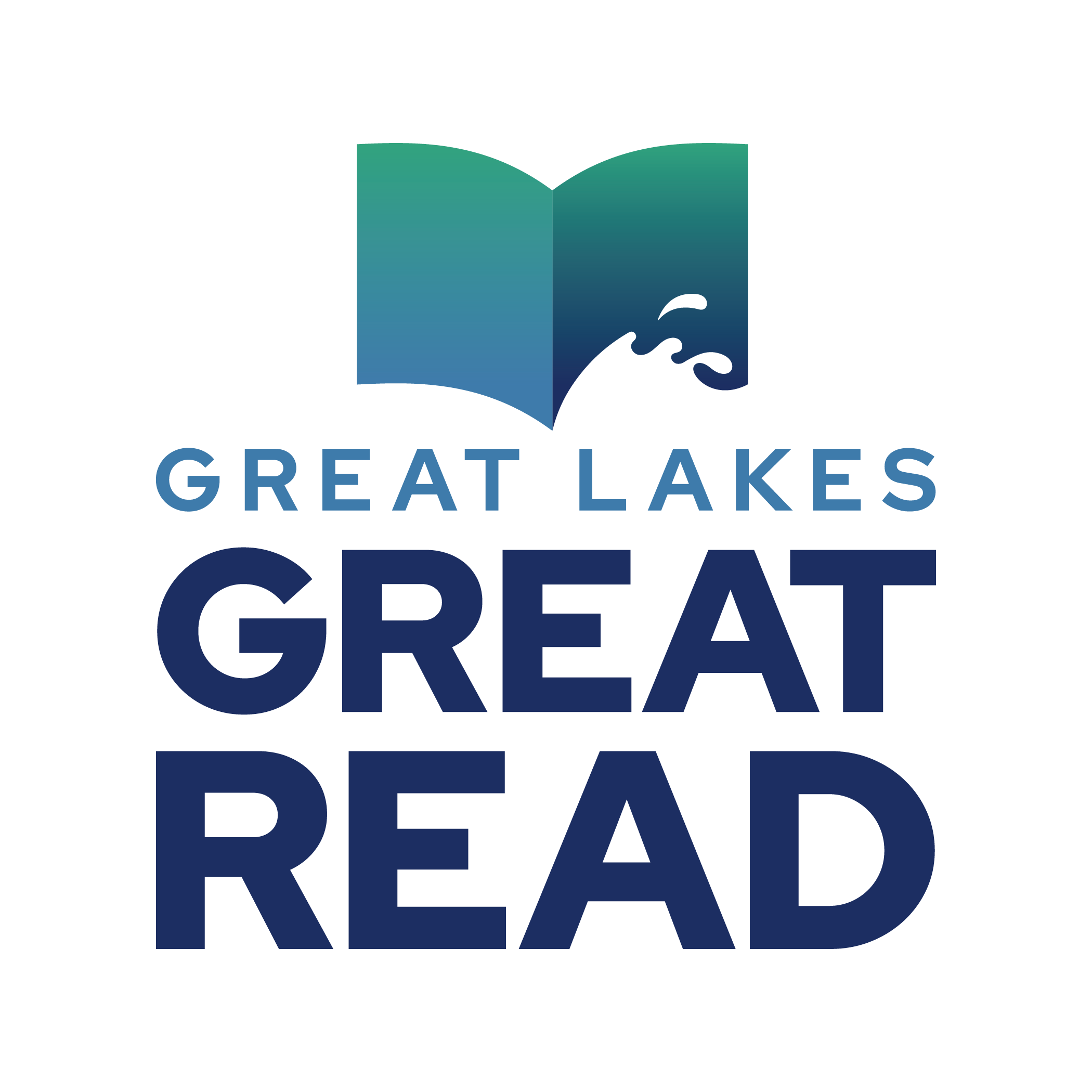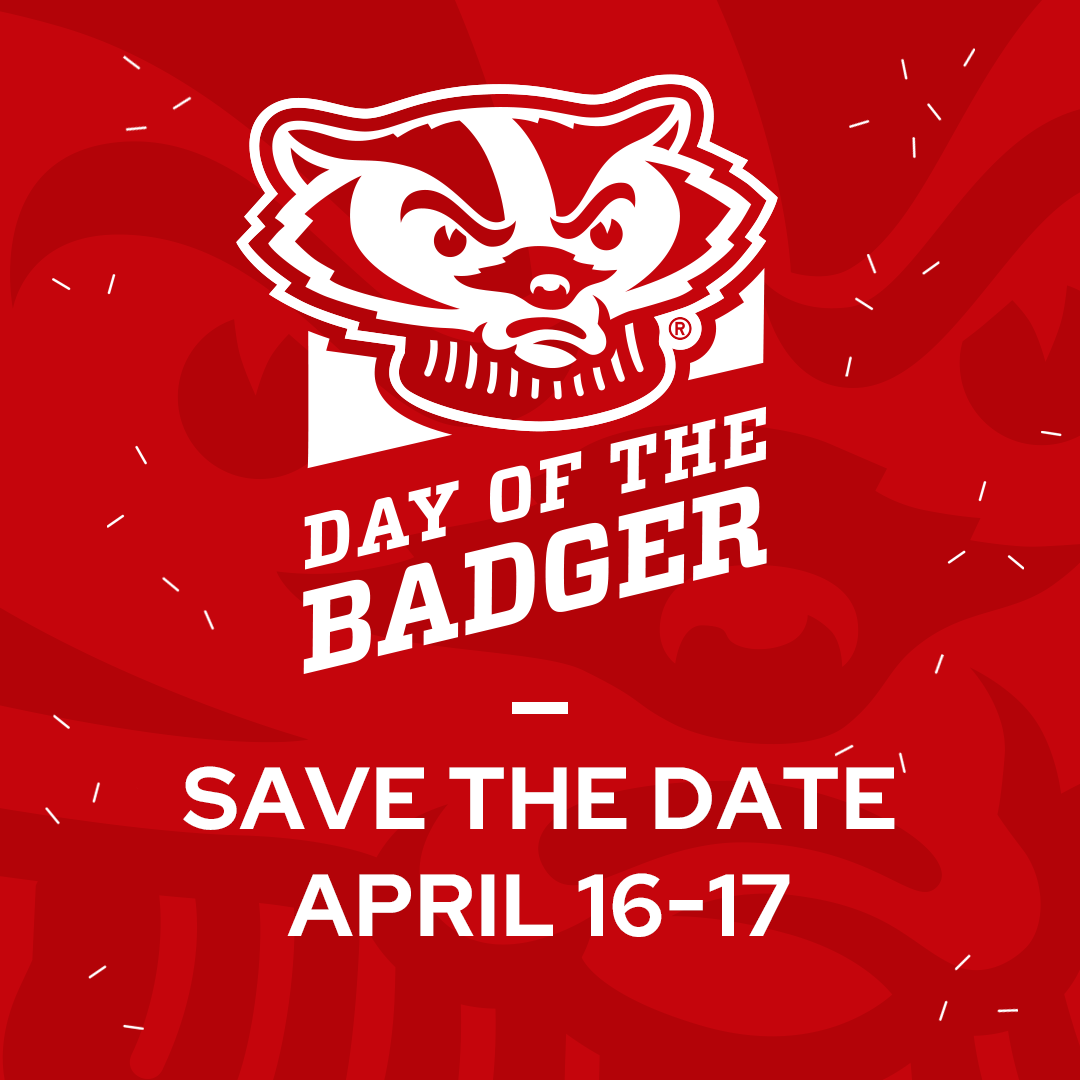Two Wisconsin teachers have made exceptional use of the educational resources that Sea Grant has to offer. And not just resources from Wisconsin Sea Grant — the teachers have found valuable support from the Center for Great Lakes Literacy, a collaborative effort by educators in the Great Lakes Sea Grant Network funded through the Great Lakes Restoration Initiative.
The teachers are Lynn Kurth and Cindy Byers. Kurth works as a science teacher for Prairie River Middle School in Merrill, Wis. Just a 50-minute drive away, Byers works as a science and reading teacher for Rosholt Middle School in Rosholt, Wis.
They met in 2011 during a week-long voyage on the Lake Guardian, a research vessel owned by the U.S. Environmental Protection Agency (EPA). They were participating in a Shipboard and Shoreline Science Workshop, a program conducted by the Great Lakes Sea Grant programs through the former Centers for Ocean Sciences Education Excellence (which has become the Center for Great Lakes Literacy). They were part of a team of five colleagues who worked on a research project together. Kurth and Byers bonded over a Hydrolab — a large, tubular piece of water testing equipment — and it’s led to bigger and better things for both them, their students, and other teachers across the country.
The Hydrolab takes various water quality readings. Kurth and Byers were drawn to it because both of their schools are near rivers and the EPA was providing the device on loan for use with their classrooms after the cruise. They saw the opportunity to partner in the future.
It worked. “We supported each other’s teaching and enriched each other’s classrooms by having this collaboration,” Byers said. “We had the kids Skype with each other a couple of times and present the Hydrolab data they collected. Even though our schools are not that far apart, it seemed quite exotic to the kids and they were excited to use a piece of equipment that scientists use. A lot of the reasons we’ve been able to do so much with the program is that we’ve been supporting each other all along.”
After sharing among themselves, the two got the idea to share their methods with other teachers. They’ve conducted several teacher workshops with the Hydrolab in cooperation with Wisconsin Sea Grant and Illinois-Indiana Sea Grant on the Denis Sullivan schooner out of Milwaukee. They’ve also shared their techniques at a National Marine Educators Association conference in Alabama in cooperation with Illinois-Indiana Sea Grant, and they gave a presentation at a Wisconsin science teachers workshop last fall. Minnesota Sea Grant provided the duo with funding to go to an International Association for Great Lakes Research conference at Purdue University, where they got exposed to the latest Great Lakes science findings.
“There’s so much synergy between us,” said Kurth of her and Byers. “One thing has led to the next. Every time we’re introduced to something new with Sea Grant, it opens another door.”
One of their most time-consuming projects directly benefits teachers who want to use the Hydrolab. When they opened the Hydrolab box after it arrived at their school, “It was overwhelming,” said Byers. “If it was overwhelming to us, we could imagine how overwhelming it would be to teachers who had never seen a Hydrolab before and needed to use it with their kids in two days.”
The two worked with Illinois-Indiana Sea Grant for a year to develop a teacher instruction manual that supplements the technical manual that comes with the Hydrolab. It contains step-by-step instructions and lesson plans.
“Lynn and Cindy truly embody what the Center for Great Lakes Literacy is all about,” said Kathy Kline, Wisconsin Sea Grant Education Outreach Specialist. “They’ve taken their Great Lakes research experiences back to their classrooms, collaborated with each other to produce dynamic materials, and shared what they’ve learned with other educators. It’s impossible not to get excited about the Great Lakes when you’re around Lynn and Cindy.”
In the future, the teachers hope to share information at other national science teacher conferences and to work with Wisconsin Sea Grant on using remotely-operated-underwater-vehicles. “The engineering principles would complement the work my kids are doing with the Hydrolab,” Kurth said.
Whatever the future holds, the teachers will be involved with Sea Grant. “The Great Lakes Sea Grant Programs all offer different pieces,” Kurth said. “What each brings to the table is unique. Being in central Wisconsin, at first I thought my location was a big disadvantage. But I can easily call Kristen TePas in Illinois, we’re within striking distance of Cindy Hagley in Duluth, and I can definitely turn to Kathy Kline in Madison if I need something. So being landlocked has worked better than I thought it would for aquatic education.”
The Shipboard and Shoreline Science Workshop that brought Kurth and Byers together is accepting applications for this summer from teachers (grades 4-12) and non-formal educators. The workshop will be aboard the Lake Guardian and will set sail from Milwaukee on July 12. Applications for the 15 available spaces are due Feb. 10. See the form at www.surveymonkey.com/s/lakeguardian2015 or contact Terri Hallsey with Illinois-Indiana Sea Grant with any questions: thallesy@illinois.edu or (217) 244-8809.





